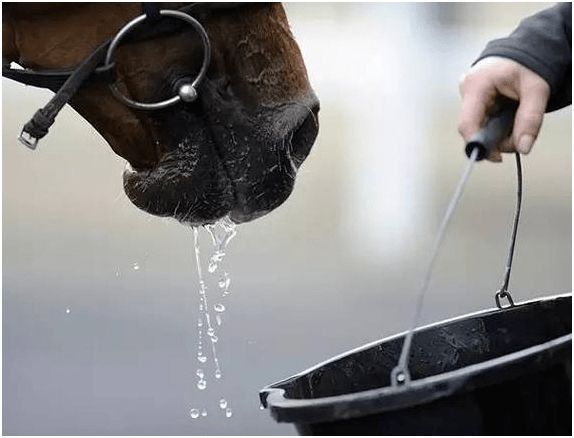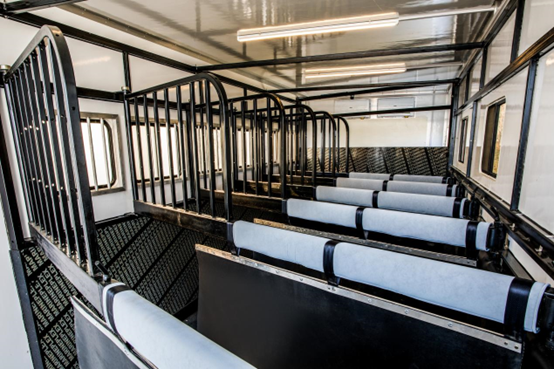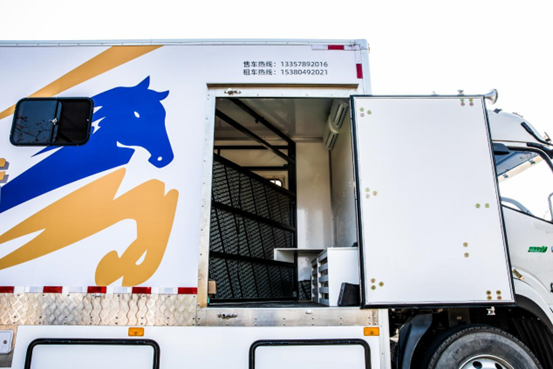


From the point of view of horses, horses can adapt to a wide range of temperatures, from minus 15 degrees to 30 degrees, and the temperature in the comfort zone is from minus 7 degrees to 25 degrees. The temperature range that horses can adapt to is much larger than that of humans. When the temperature is lower than zero, horses will feel cold, and when the temperature is higher than 25 degrees, horses will feel hot. In this range, all belong to the temperature range that horses can adapt to. Unnatural violent temperature changes in a short time can easily lead to horse disease.

Summer transportation: pay attention to continuous natural ventilation in the box during horse transportation. Generally, it is more comfortable under high temperature but low humidity than under low temperature but high humidity. Generally, it feels most comfortable under the relative humidity of 45% - 55%. Too high humidity will affect the sweating function of horses to regulate body temperature, and they will feel stuffy. Generally, if the humidity exceeds 80%, you need to be vigilant, which is dangerous to the safety of horses in the carriage box. Therefore, pay attention to the change of humidity in the box at all times during the transportation of horses.

If a horse's body temperature is too high, being able to identify signs of horse heat stress may save a life. They include:
? Excessive sweating or no sweating at all;
? Weak and sleepy;
? Stumble;
? Breathing difficulty;
? High respiratory rate, unable to return to normal;
? The heart rate is too high to return to normal;
? Rectal temperature is high and can't drop all the time

When the horse's body temperature is too high, you can help the horse by the following methods:
? Wash with cold water, and wipe the excess water dry with a wiper;
? Take a bath with isopropyl alcohol, which can help dissipate heat;
? Provide cool and well ventilated areas and / or fans to reduce the ambient temperature;
? Provide cold water for drinking;
? Rectal temperature was recorded in 15 minute increments;
? Keep calm and don't put more pressure on the horse.
With these summer plans, I hope to help you enjoy the long summer time with your horse.